Report on the 2023 RSA Europe Summer College “The Economic Geography of Spatial Disparities” 17-19 May 2023, L’Aquila, Italy

By Carolina Foglia email and Crhistian Joel González Cuatianquis email.
Between the 17th -19th May 2023, the Regional Studies Association’s European Foundation (RSA Europe), in collaboration with the Gran Sasso Science Institute (GSSI), organised the fourth RSA Europe College entitled “The Economic Geography of Spatial Disparities”.
The College received over 60 applications from 16 countries, and 22 successful applicants were invited to participate in the RSA Europe and GSSI-funded Summer College, allowing participants to attend the College free of charge.
College participants came from various European countries and further afield, such as Canada and the USA. The College was led by Professor Alessandra Faggian, Director of Social Sciences of the GSSI and Daniela Carl, Deputy CEO, RSA, on behalf of RSA Europe.
This Summer College brought together high-profile researchers and policy experts as speakers to present the latest studies, policy developments and insights on spatial disparities, regional growth and decline. Firstly, conceptual discussion and general insights into the current socio-economic situation were given. Paolo Veneri discussed some challenges faced to have a global-shared definition for cities, urban, rural and functional areas; also presented some indicators about the social, economic and demographic development of the cities worldwide, with particular emphasis on developed countries.
Philip McCann brought to the discussion the debate between people versus place-based policies, highlighting the relevance of 1) the coordination among different actors and levels of government, as well as 2) the consideration of territorial strengths when designing and implementing regional policies.
In the same line, Lewis Dijkstra stressed some challenges regarding the demographic evolution and disparities in European regions, for example, the gaps in life expectancy, ageing and fertility rates. This was connected with development traps that some regions of Europe face and its relationship with the recent wave of discontent among the population.
Secondly, to overcome these difficulties at the regional level, some examples of policies were given. Neil Reid talked about the peripheral local development driven by the production of draft beers that can be accompanied by promoting tourism in small and far places. Also, Michel Beine talked about the benefits of international migration to the performance of athletes, specifically soccer players.
Additionally, a field trip was organised to Fontecchio, a municipality of L’Aquila, where the participants could observe the implementation of a place-based policy with a high component of cultural activities that aims to recover and preserve the town following the devastating earthquake in 2009 that hit the regions.
Other relevant topics were explored as the evaluation of the Cohesion Policy, presented by Silvia Vignetti. She emphasised the importance of designing, implementing and evaluating evidence-based policies to improve them. In addition, it was mentioned the challenges to getting the correct information, proper methodologies and engagement of policy-makers in using the results. To overcome some of these challenges, Elisabetta Pietrostefani described the recent development of data science (web-scraping, machine learning and text data mining) and how researchers can use it for spatial analysis.
Finally, Daria Denti provided some examples and tools to research at the subnational level considering sociocultural variables.
The Summer College schedule and thematic sessions included professional development sessions to help PhD candidates and early-career researchers advance their careers.
Daniela Carl addressed this issue by outlining the various resources and career support the RSA and RSA Europe offer, such as webinars, research funding, awards and publications. Daniela emphasised the networking and career development value of attending formal gatherings such as conferences and more informal ones such as excursions and post-conference day gatherings.
Maria Giovanna Brandano gave a presentation titled “Research Papers: From Design to Publication”, outlining the essential processes of organising and submitting a paper to a journal. This topic, fundamentally important for young researchers, is rooted in effectively publishing the research they are working on. Her presentation included a detailed submission procedure to the journal Regional Studies to let the audience understand the mechanisms behind the peer review process. Moreover, the lecture jointly taught by Martina Dal Molin and Laura Ciucci from GSSI, entitled “Public Research and Regional Impact” aimed at understanding the role of universities and public research centres in the knowledge-based society and, more in general, the socio-economic impact generated by publicly funded research. The ultimate goal was to comprehend, analyse, quantify, and evaluate the impact of public research (i.e., universities, research institutes, and Research Infrastructures) for a large group of stakeholders.
The closing sessions of the Summer College had panellists such as Giulia Urso, Teresa Graziano, Silvia Aru and Valentina Albanese for an AperiTalk on Women in the Social Sciences. The panellists presented and discussed the We-WISER report, which presents the results of a first study on gender imbalances within the Italian (geography) academic community. The session aimed to raise awareness of the gender imbalances within the academic community, affecting access to and the pursuit of careers in the social sciences, starting from the discipline of geography. An interview, followed by a question-and-answer session with Elisabetta Baracchini, underlined the challenges faced by female researchers, especially in STEM disciplines, whose insights inspired many participants.
To wrap up, the RSA Europe & GSSI Summer College represented a great opportunity to acquire new knowledge, strengthen one’s network, and learn about the chances to support the career development of PhD students and early career researchers.
RSA Europe is planning a similar Summer College for 2024, and details will be available in due course at RSA Europe Events.
Authors:
Carolina Foglia is a PhD student in Economics and Institutions at the University of Perugia, Italy. Her recent publications concern the suitability and livability of European cities for aged people, given the importance of the ageing phenomenon. Moreover, she joined a research project funded by an RSA Small Grant Scheme regarding building back better European cities for the elderly after the Covid-19 pandemic.
Crhistian Joel González-Cuatianquis is a PhD student in Regional Science and Economic Geography at the Gran Sasso Science Institute, L’Aquila, Italy. His research interests are the spatial determinants of subjective well-being, aspirations and social mobility. He also has experience evaluating social policies and the relationship between globalisation and wage disparities.
Photos:
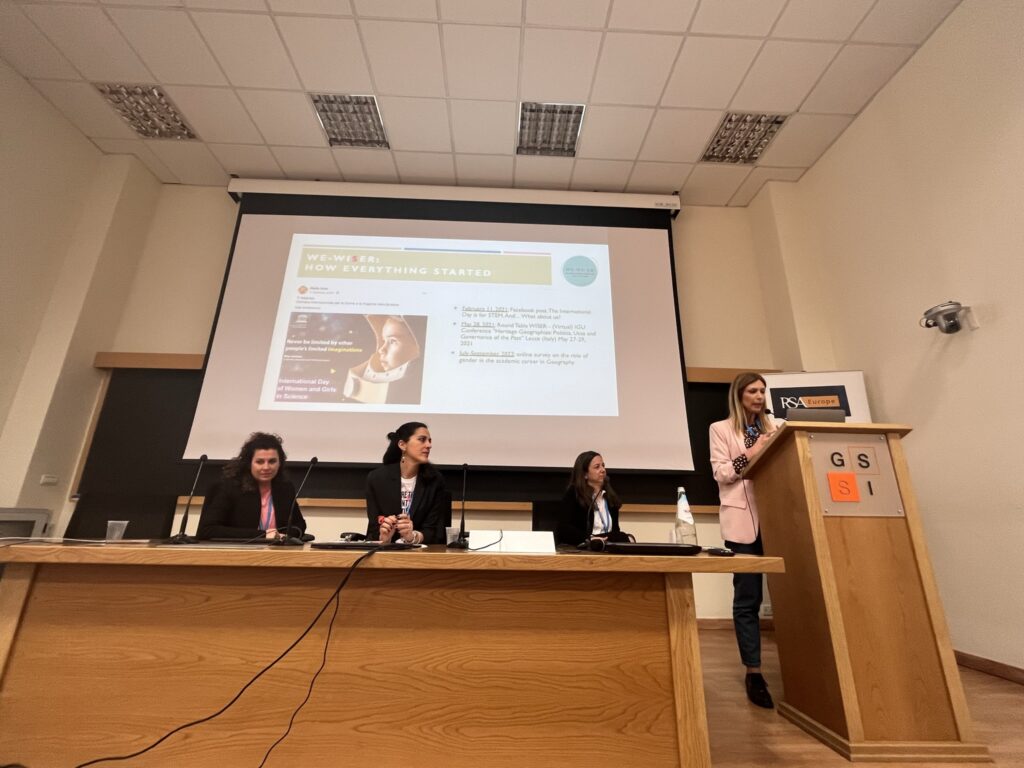
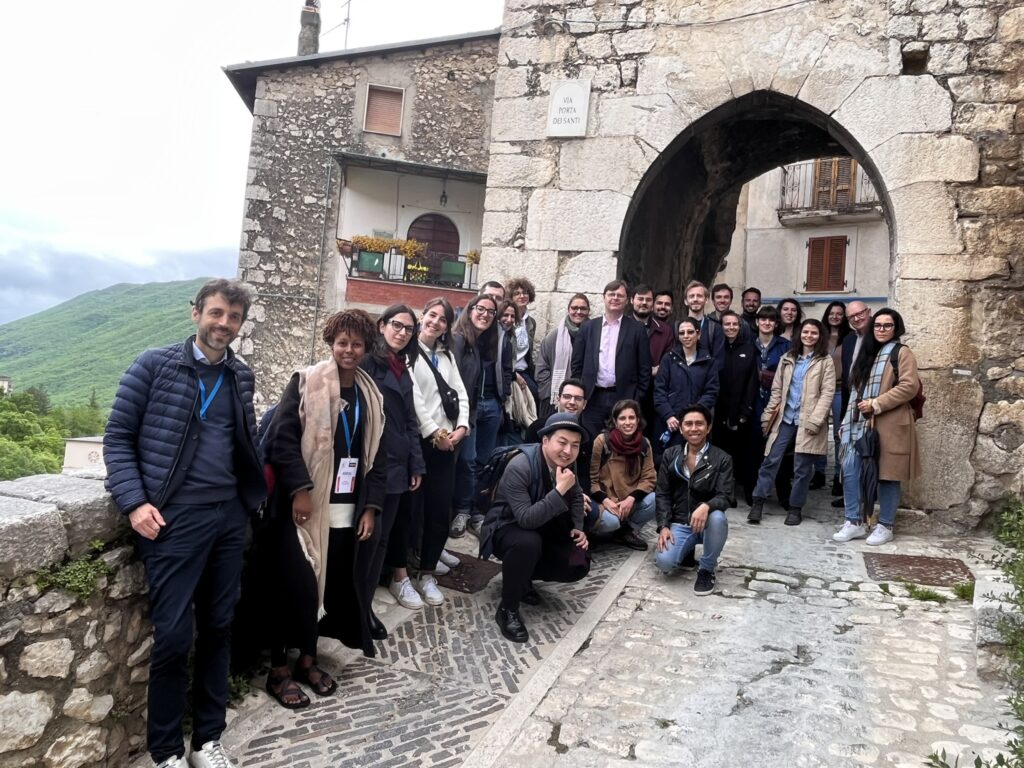
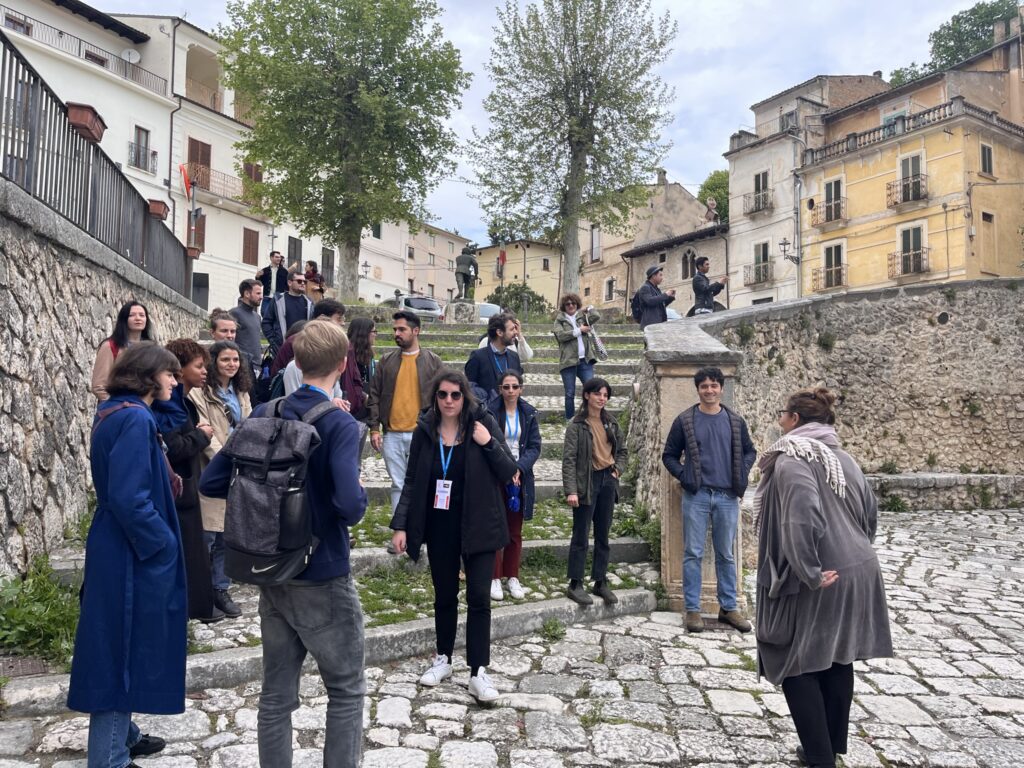
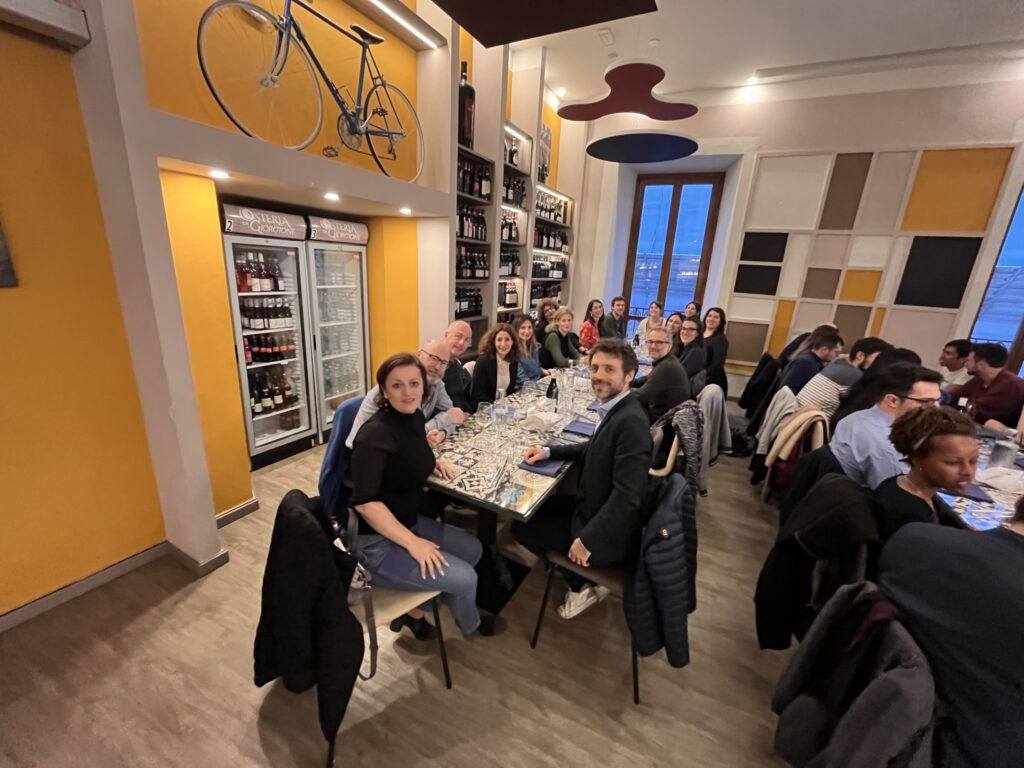
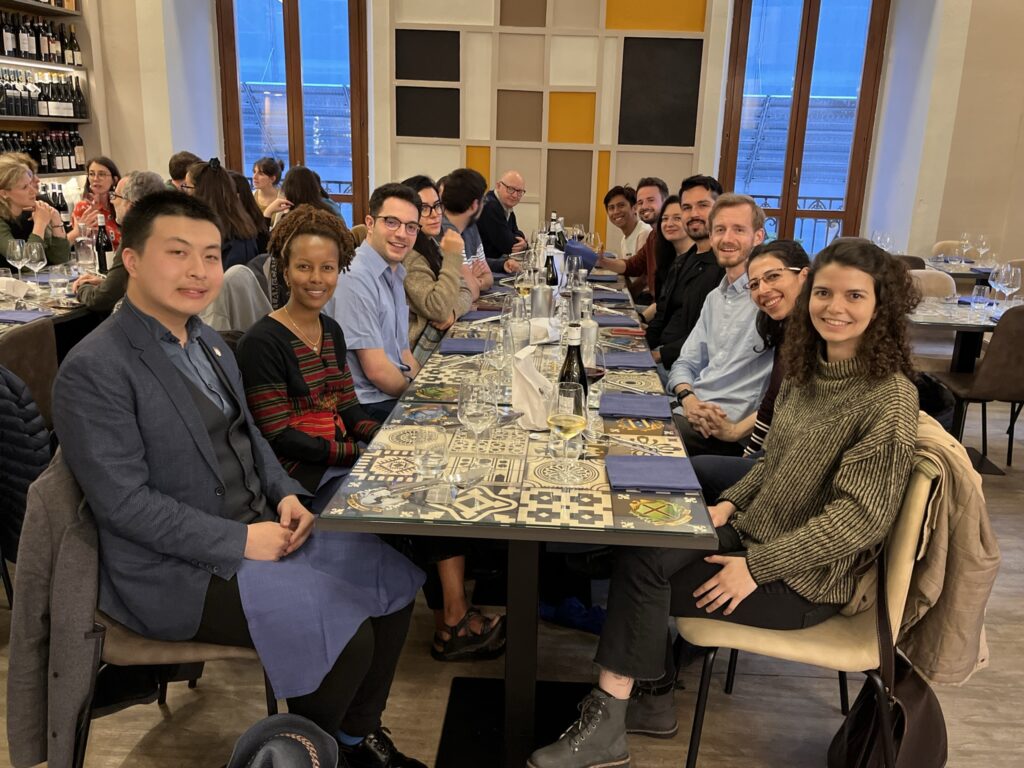
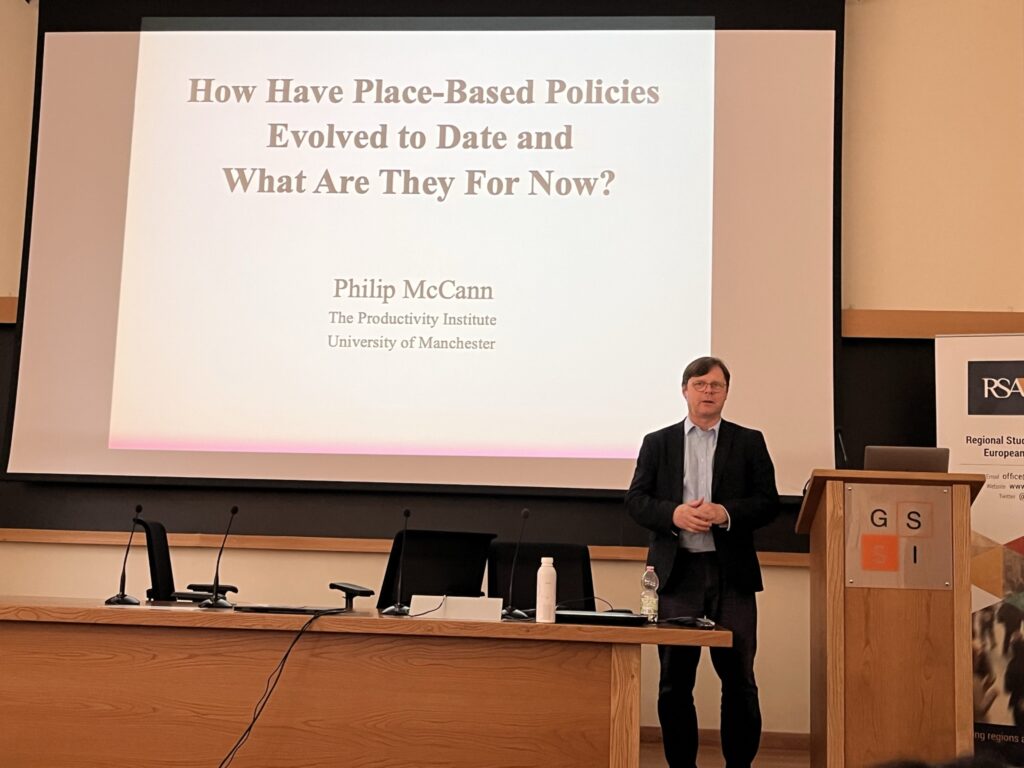
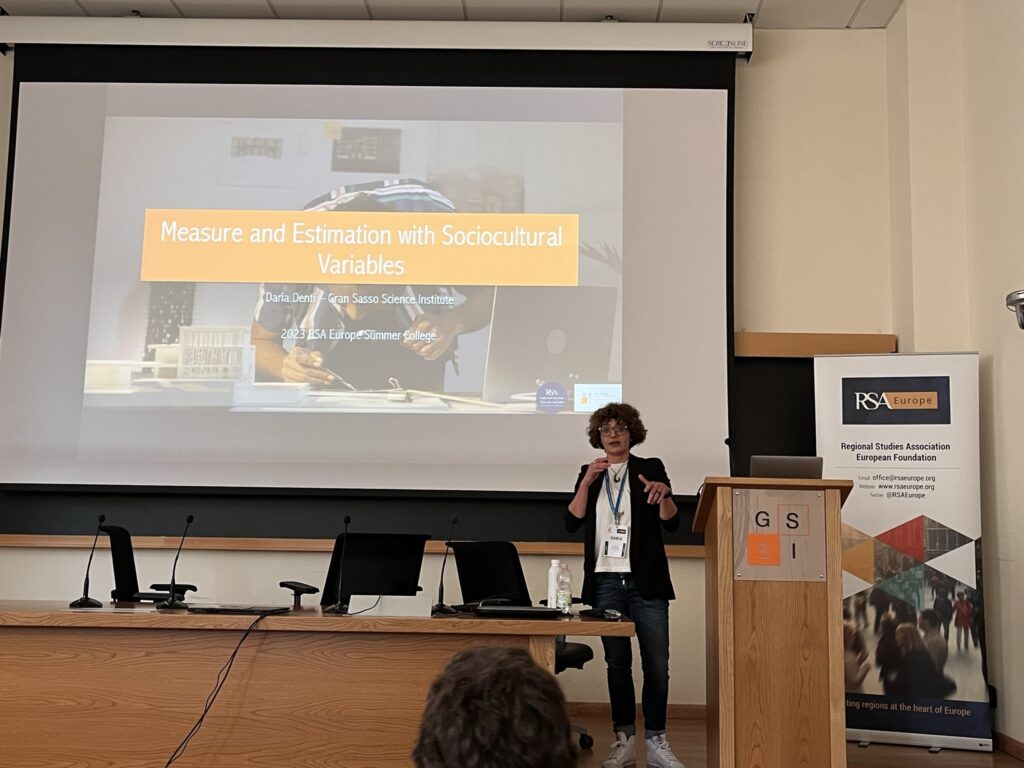
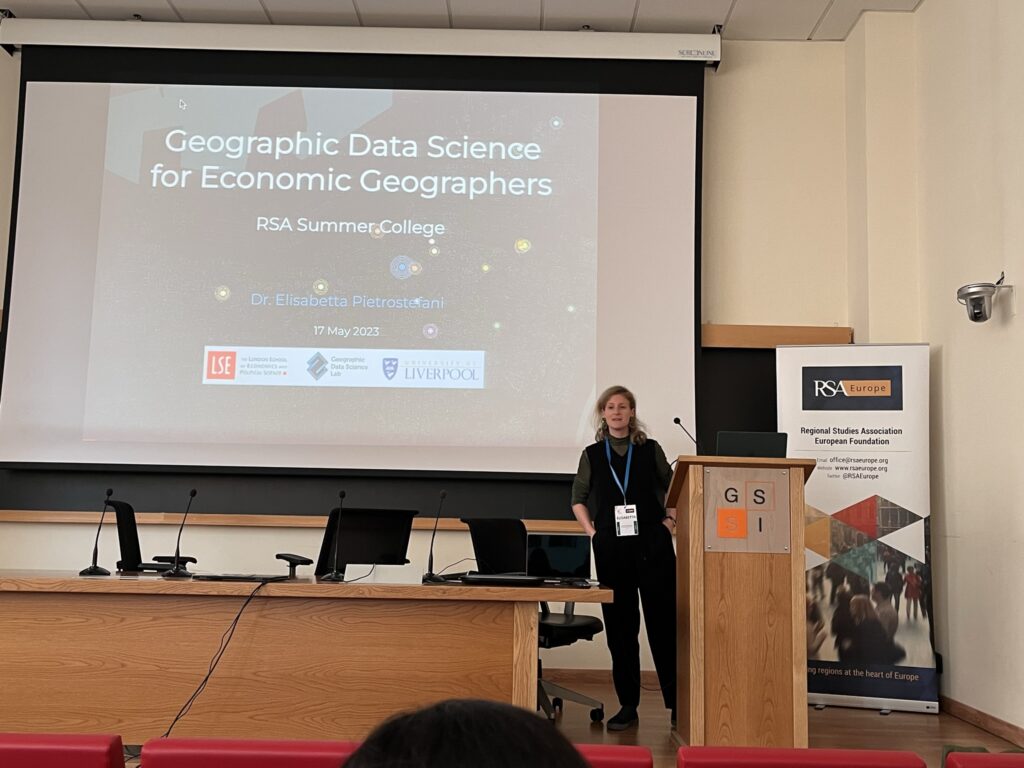
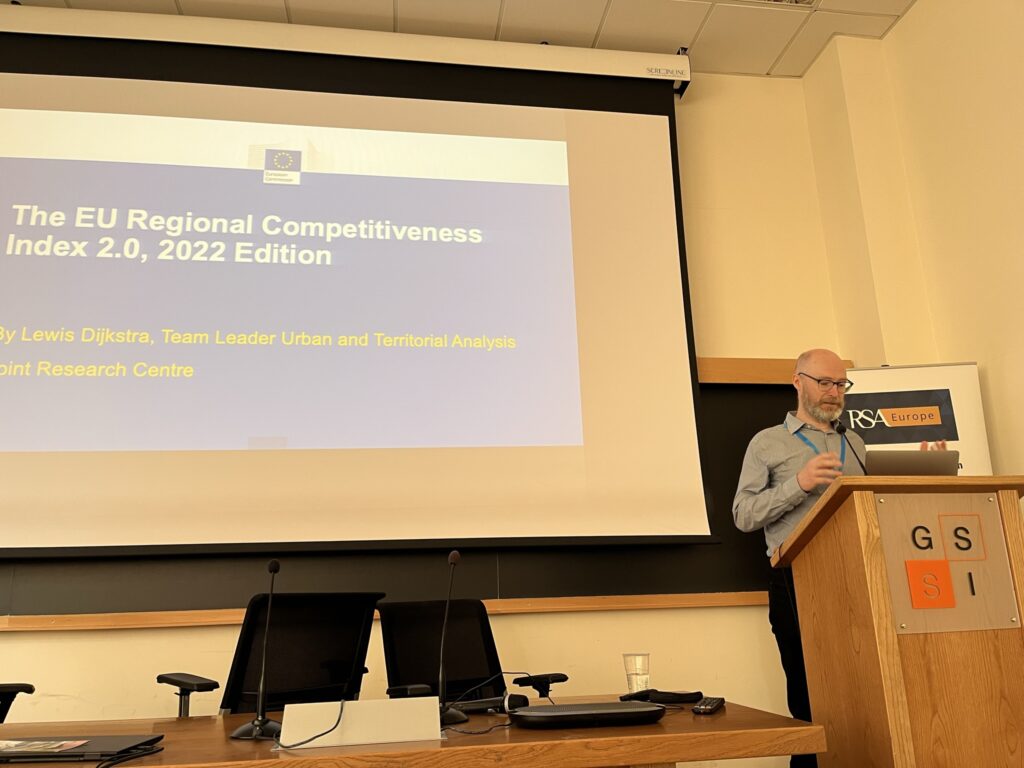
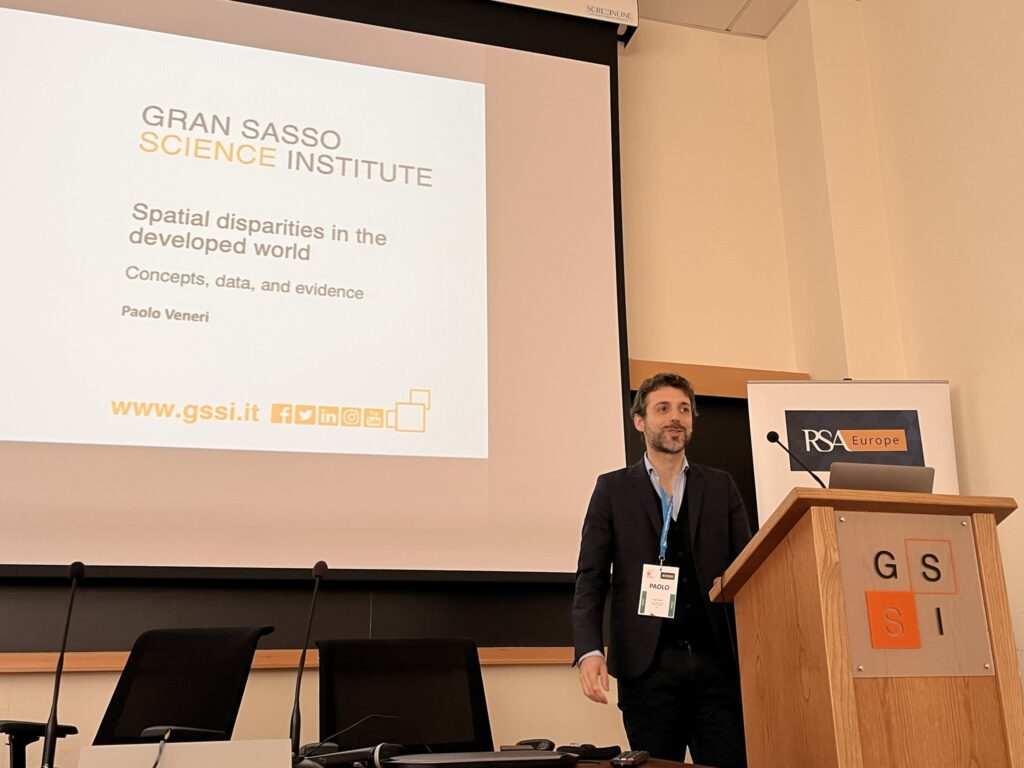
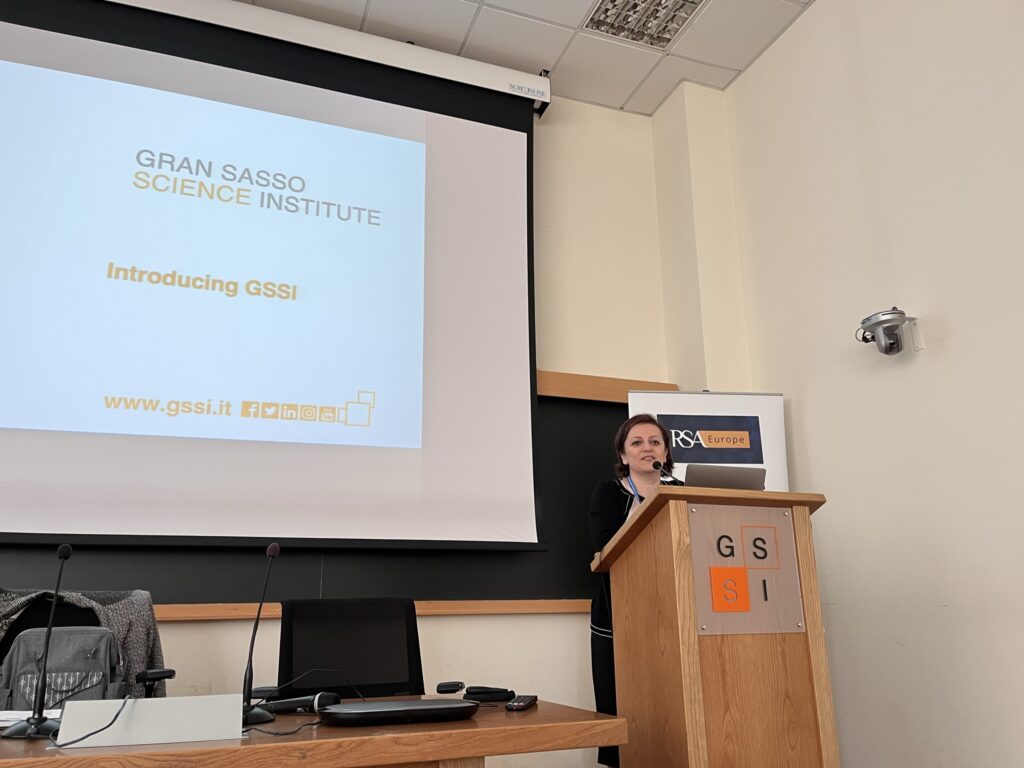
RSA Europe is planning a similar Summer College for 2024, and details will be available in due course at RSA Europe Events.